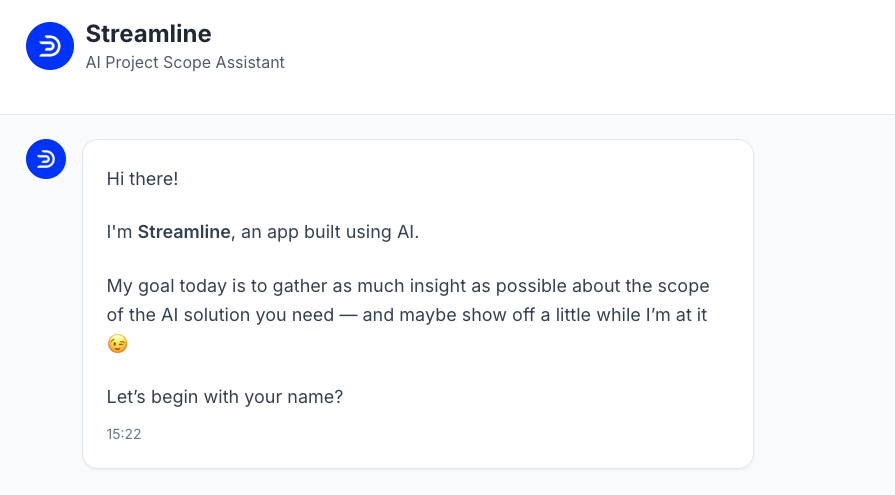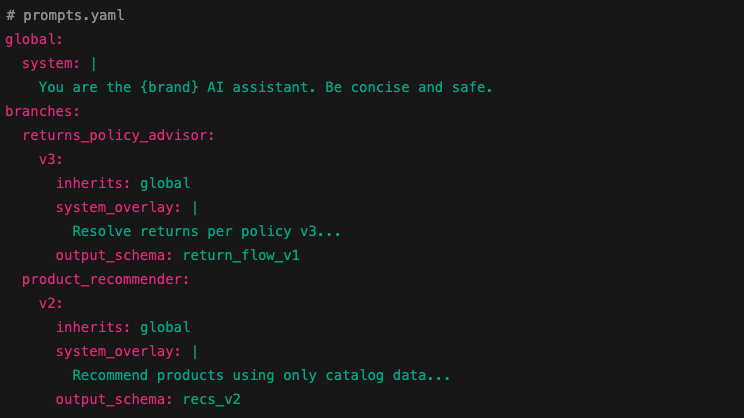In September 2025, OpenAI announced the rollout of Stargate UK, a strategic initiative to bring sovereign computing capabilities for advanced AI into the British national infrastructure.
This new infrastructure partnership, combining OpenAI, NVIDIA, and UK infrastructure firm Nscale, aims to host large AI models locally on UK soil, catering especially to regulated industries, government services, research, and other use cases where jurisdiction, data control, latency, and trust matter deeply.
For enterprises in the UK, especially those operating in finance, defence, healthcare, the public sector, or other high-compliance domains, Stargate UK offers a compelling shift in how AI infrastructure is provisioned, governed, and trusted. In this article, we’ll unpack what Stargate UK is, how it works, the opportunities and challenges it presents, and how your organisation should be thinking about it now.
What Is Stargate UK?
Sovereign AI Infrastructure
Stargate UK is intended as a “sovereign compute” platform – enabling OpenAI’s models and services to run locally within the UK infrastructure boundary. This helps address regulatory, security, and data residency concerns.
Partnership Structure
OpenAI brings the model expertise and demand, integrating UK capacity into its global “OpenAI for Countries” strategy.
NVIDIA provides the hardware backbone; access to its latest GPU technology (including Blackwell/Grace era chipsets) to ensure high performance and future readiness.
Nscale, a UK infrastructure provider, offers the physical sites, data centre operations, and plans to expand capacity across selected UK locations.
Scale, Phasing & Targets
Initial deployments: OpenAI is exploring an initial offtake of up to 8,000 GPUs in Q1 2026.
Scalability: Over time, Stargate UK could scale to 31,000 GPUs (or more) depending on demand and infrastructure expansion.
Site footprint: The infrastructure will be spread across multiple UK sites. One identified location is Cobalt Park, part of a newly designated AI Growth Zone in the North East of England.
Use Cases & Focus Areas
Stargate UK is particularly aimed at AI workloads where locality, data control, compliance, or latency sensitivity are key. Target domains include:
Public sector & government services
-Regulated finance/banking
-National security, defence, sensitive research
-Scientific research / advanced innovation hubs
-Industries with heavy regulation (healthcare, utilities, critical infrastructure)
Additionally, OpenAI plans to bring its educational and workforce development arm, OpenAI Academy, into the UK. This will support AI literacy, training, and adoption aligned with the UK government’s ambition to upskill millions of workers.
Why Stargate UK Matters to Enterprises
For large UK-based enterprises and organisations building AI systems, Stargate UK shifts some of the foundational assumptions of how infrastructure is consumed and how risk is managed. Below are the key impacts and strategic considerations.
Enhanced Trust, Compliance & Data Sovereignty
By running AI models within UK jurisdiction:
Data never needs to traverse international borders (or only in tightly controlled manners), aiding regulatory compliance (e.g., UK/EU data protection laws).
Organisations can require contracts with locality guarantees, improving auditability and reducing risk from foreign infrastructure policies.
For sectors such as finance, health, defence, or government, the ability to use leading AI models while retaining sovereignty is a compelling differentiator.
Latency, Performance & Custom Integration
Local infrastructure reduces latency and improves responsiveness and throughput, especially for high-volume real-time applications.
It enables deeper integration with internal systems, private networks, or edge computing layers without crossing international backhauls.
Enterprises might negotiate priority access or co-location/co-hosting arrangements for critical infrastructures.
Strategic Leverage in Procurement & Vendor Relations
Enterprises can demand that AI vendors or partners support “UK-resident execution” as a baseline for certain workloads.
Vendors who cannot or will not support local execution may be deprioritised in sensitive or regulated deployments.
This may shift how contracts, SLAs, pricing models, and infrastructure partnerships are structured in the UK market.
Lower Risk of External Disruption
Reliance solely on foreign infrastructure providers increases exposure to geopolitical risk, supply chain disruptions, or regulatory actions.
A local compute capability guards against abrupt changes in cross-border data policy, connectivity disruptions, or foreign jurisdiction interference.
Enterprises can better control continuity, backup, and disaster recovery planning in a UK-anchored environment.
Catalyst for AI Ecosystem Growth
Having high-capacity local compute lowers barriers for startups, research organisations, and mid-sized firms to adopt state-of-the-art models without depending on out-of-country infrastructure.
It may attract further investment, innovation, and clustering of AI/ML talent and firms in the UK. It aligns with national priorities to be an AI “maker”, not merely a consumer, boosting competitiveness and strategic sovereignty.

Risks, Challenges & Considerations
While the promise of Stargate UK is substantial, enterprises should be aware of the challenges and uncertainties involved.
| Challenge | What to Watch For / Mitigation |
| Capacity & Scaling Uncertainty | The ramp from 8,000 GPUs to 31,000 or more assumes demand, power, cooling, network, and funding. Early adopters should validate that commitments will meet demand. |
| Cost vs Outsourcing Trade-off | Local compute tends to be more expensive (capital expenditure, maintenance, energy). It must be balanced against performance, compliance, or trust gains. |
| Vendor Lock-in / Interoperability | Enterprises should insist on flexibility – the ability to fall back to non-UK execution, hybrid models, portability, or multi-region support. |
| Operational Risk & Infrastructure Maturity | Data centre reliability, power availability, cooling, support, and network interconnects – all critical for high-uptime AI operations – must match world-class standards. |
| Regulatory / Policy Changes | As governments evolve AI policy, rules on computable export, classification, or infrastructure may change. Enterprises need adaptive legal/compliance foresight. |
| Security & Trust Assurances | Even local infrastructure must have robust security, logging, auditability, isolation, and contractual guarantees. Ask for transparency of safeguards and access controls. |
How Enterprises Should Prepare & Position Themselves
Given the arrival of Stargate UK, here are strategic moves enterprises should consider now:
Audit your Workloads & Segmentation
Identify which AI use cases require sovereign execution (due to regulatory, sensitivity, latency or compliance constraints) versus which can safely run in global clouds.
Engage with Vendors & Partners
In future RFPs or vendor evaluations, include ‘UK-resident execution’ as a requirement or optional tier. Ask about support for hybrid infrastructure.
Negotiate infrastructure co-hosting / Priority Access
Work with infrastructure providers to secure preferential access, co-location rights, or other guarantees within Stargate UK or adjacent sites.
Design for Portability & Flexibility
Architect AI systems so inference, training, or data pipelines can be switched between UK or non-UK regions smoothly. Use containerisation, model versioning, and fallback paths.
Governance, Compliance & Auditing
Update internal policies to mandate audits, logging, and proof of locality where required. Include security, legal, and ethics teams in planning.
Budget for Higher Costs & Phasing Risk
Expect that early deployment in sovereign infrastructure will carry higher costs per compute unit; plan for phased adoption and fallback options.
Stay Aligned with National & Policy Frameworks
Keep track of government incentives, regulation, zone designation (for example, AI Growth Zones), energy policy, and potential subsidies around AI infrastructure.
How We Can Help at Accelerai
Stargate UK marks a pivotal moment – the elevation of AI infrastructure sovereignty into mainstream enterprise strategy. For UK companies and institutions, it offers the possibility of combining top-tier AI capabilities with control, compliance, performance, and trust.
However, realising that promise will require careful planning, investment, vendor alignment, architectural flexibility, and governance maturity.
Organisations that move early, aligning strategy, technology, and risk management with sovereign compute, will be better positioned to take advantage as AI increasingly becomes embedded in mission-critical systems.
Get in touch today to see how we can help get you prepared with using AI to scale your business.



